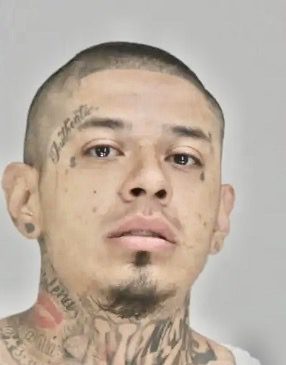Podcast: Play in new window | Download (Duration: 49:49 — 68.5MB)
Sitting in the maternity ward of Dallas Methodist Hospital, 30-year-old Nester Oswaldo Hernandez told his girlfriend “we are both going to die today, and whoever comes in this room is going to die with us.”
Hernandez, a violent offender out on early parole in Texas, executed a social worker and a nurse as they entered the room of his girlfriend and newborn baby, according to a Dallas police arrest warrant.
Hernandez had just accused his girlfriend of cheating on him. He pistol-whipped her and fatally shot the two healthcare workers before a security officer wounded him.
Hernandez had a long rap sheet.
He was on parole for an aggravated robbery. In 2015, Hernandez and a female accomplice attacked a woman who was returning home from work.
They taped the victim’s hands together and taped over her eyes. They broke her nose and fractured her eye during the robbery. Hernandez stole her phone, car, and $3,000 cash from a school fundraiser.
A year before the hospital murder, Hernandez was released early on parole with a special electronic monitoring condition.
Hernandez was granted permission to be at the hospital with his girlfriend during and after the baby’s delivery. He was wearing an active ankle monitor.
Shortly after the shooting, Dallas police chief Eddie Garcia called the killings “an abhorrent failure of our criminal justice system” and said, “we give violent criminals more chances than our victims.”
Investigative reporter Robert Riggs, former U.S. prosecutor Bill Johnston, and the Chief of Police of Prosper, Texas, Doug Kowalski, discuss early release policies setting off a wave of violence across the United States.
We also discuss how thieves in some cities get a free pass and crime in New York City.
FOLLOW the True Crime Reporter® Podcast
SIGN UP FOR my True Crime Newsletter
THANK YOU FOR THE FIVE-STAR REVIEWS ON APPLE Please leave one – it really helps.
TELL ME about a STORY OR SUBJECT that you want to hear more about

Leave a Reply